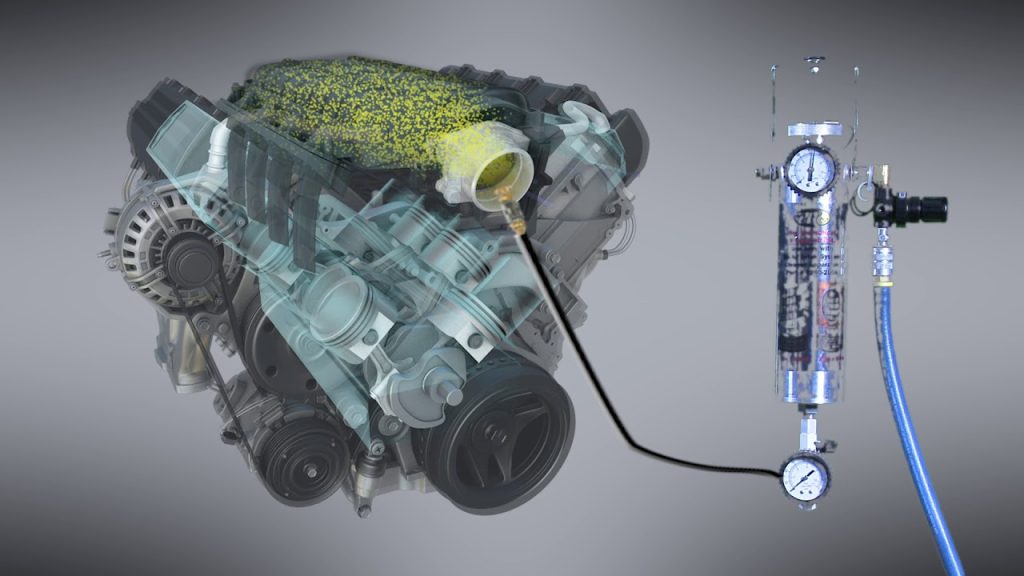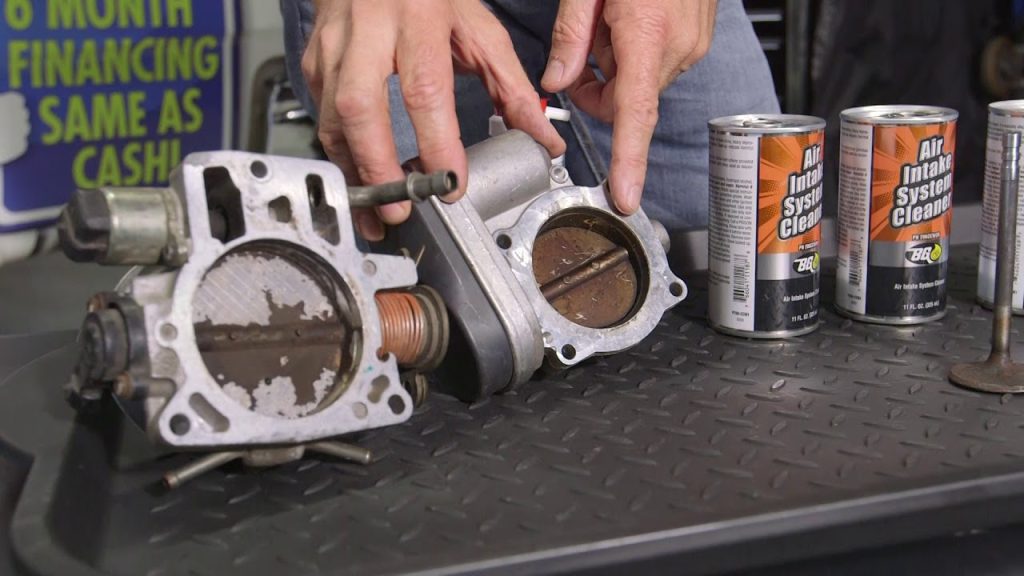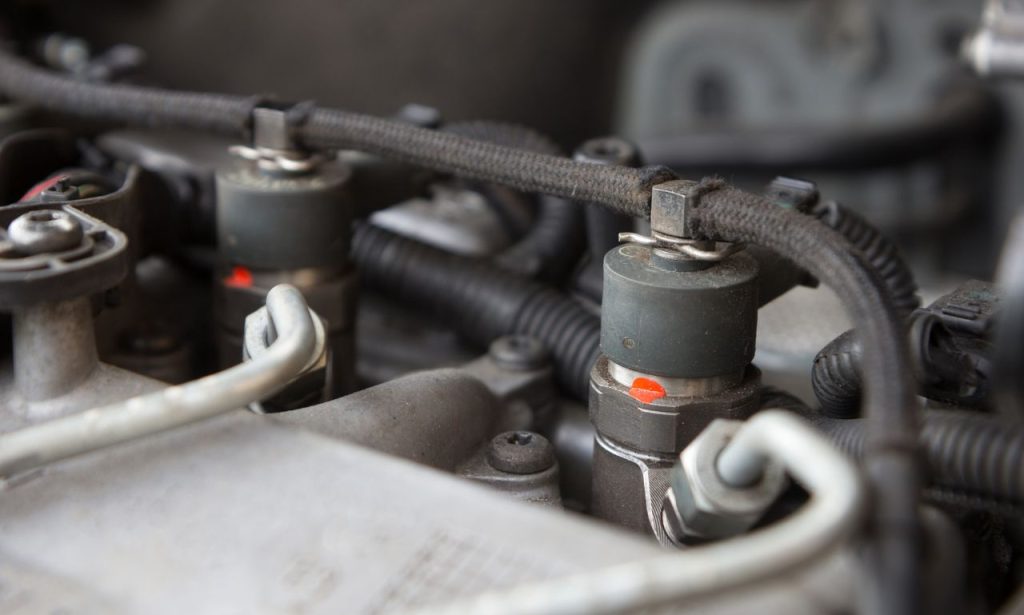When it comes to maintaining your vehicle, you might find yourself overwhelmed with various service recommendations. Among these, fuel induction service often stands out, leaving you wondering, “Is fuel induction service worth it?” In this comprehensive guide, you’ll explore the nuances of fuel induction service, understand its necessity, and determine whether it’s a valuable investment for your vehicle.
Signs That Indicate the Need for Fuel Induction Service
Engine Knocking
If you’ve ever heard a pinging or knocking sound coming from your engine, it’s a sign of trouble. Engine knocking, often caused by the buildup of carbon deposits within the combustion chamber, can lead to serious engine damage if left untreated. A fuel induction service helps remove these deposits, ensuring smoother and quieter engine operation.
Failing Emissions Tests
Modern vehicles are designed to meet stringent emissions standards. Failing an emissions test can be a clear indicator that your fuel system is not operating efficiently. Carbon deposits in the intake valves and fuel injectors can disrupt the air-fuel mixture, leading to higher emissions. A fuel induction service can clean these critical components, helping your vehicle pass emissions tests with ease.
Decreased Fuel Efficiency

Have you noticed that you’re visiting the gas station more frequently? Decreased fuel efficiency is a common symptom of a dirty fuel system. When carbon deposits accumulate, they hinder the efficient delivery of fuel, causing your engine to consume more fuel than necessary. By opting for a fuel induction service, you can restore your vehicle’s optimal fuel efficiency, saving money in the long run.
Rough Idling
A smooth idle is a sign of a healthy engine. If your vehicle experiences rough idling, stalling, or hesitation, it could be due to clogged fuel injectors or intake valves. These issues can disrupt the engine’s ability to maintain a steady idle. Fuel induction service addresses this by cleaning the fuel system components, leading to smoother engine performance.
Benefits of Fuel Induction Service
Improved Fuel Efficiency
One of the most significant benefits of fuel induction service is the potential improvement in fuel efficiency. By cleaning the intake valves, combustion chamber, and fuel injectors, the engine can burn fuel more efficiently. This means you’ll get more miles per gallon, translating to cost savings over time.
Reduced Emissions
Cleaner fuel system components lead to a more efficient combustion process, resulting in fewer harmful emissions. This not only helps in passing emissions tests but also contributes to a cleaner environment. Reduced emissions can also prevent potential fines and penalties associated with failing emission standards.
Extended Engine Life
Regular maintenance, including fuel induction service, can significantly extend the life of your engine. By keeping the fuel system clean, you reduce the wear and tear on engine components. This proactive approach can prevent costly repairs and ensure your engine runs smoothly for years to come.
Fuel Induction Service vs. Fuel System Cleaners
You might wonder how fuel induction service compares to over-the-counter fuel system cleaners. While both aim to clean the fuel system, their effectiveness varies.
Fuel Induction Service involves professional-grade cleaning solutions and equipment that can reach and clean areas that regular fuel system cleaners cannot. This service is typically performed by trained technicians who can accurately diagnose and address specific issues within your fuel system.
Fuel System Cleaners, on the other hand, are additives that you pour into your fuel tank. While they can help maintain a clean fuel system, they are not as effective in removing significant carbon deposits. These cleaners are best used as preventative measures rather than solutions for existing problems.
How to Find an Auto Repair Shop That Offers Fuel Induction Service

Finding a reliable auto repair shop for fuel induction service is crucial. Here are some tips to help you choose the right one:
- Research and Reviews: Look for shops with positive reviews and high ratings. Websites like Yelp and Google Reviews can provide insights into customer experiences.
- Certifications and Credentials: Ensure the shop employs certified technicians, such as those with ASE (Automotive Service Excellence) certification.
- Ask Questions: Don’t hesitate to ask about the specifics of their fuel induction service, including the methods and equipment they use.
- Warranty and Guarantees: A reputable shop should offer warranties or guarantees on their services, giving you peace of mind.
What’s Involved in a Fuel Induction Service?
Let’s break it down step by step:
- Inspection: A thorough check of the fuel system for issues.
- Cleaning Solution Applied: A specialized cleaner is introduced through the air intake.
- Throttle Body Cleaned: The throttle body—often covered in carbon buildup—gets a deep cleaning.
- Fuel Injector Cleaning: Any clogs or buildup in the fuel injectors? Gone.
- Combustion Chamber Treatment: Carbon deposits in the combustion chamber are treated with a cleaning solution.
- Testing: The engine is tested to ensure everything runs smoothly and efficiently.
Tools and Techniques Used
- Pressurized Cleaning Systems: These systems force cleaning solutions through the intake manifold and fuel injectors.
- Specialized Cleaning Agents: The chemicals used are much stronger than over-the-counter additives.
- Throttle Body Cleaning: This part often requires manual scrubbing to remove the gunk that accumulates over time.
DIY Fuel Induction Service?
- Sure, there are DIY kits for fuel induction service.
- But without the right tools and knowledge, you’re more likely to cause trouble.
- Fuel system components are delicate, and an amateur touch can do more harm than good.
- Let the pros handle it. They have the training and tools to do the job right.
- Incorrectly applying cleaning solutions can lead to damaged components, misfires, or worse—engine failure.
When Should You Get a Fuel Induction Service?
General Recommendations
- It’s typically suggested every 30,000 to 60,000 miles.
- However, check your vehicle’s maintenance schedule for specifics.
- Older models might need it more often, while newer engines may have advanced systems to handle carbon buildup better.
Driving Habits Matter
- Drive short distances frequently? You might need it sooner.
- Short trips don’t allow the engine to heat up enough to burn off carbon deposits.
- Conversely, long highway drives help burn off buildup naturally.
- If you live in a city and do a lot of stop-and-go driving, carbon buildup may be a more frequent problem.
Symptoms That You Shouldn’t Ignore
- Reduced Acceleration: If your car isn’t as responsive as it used to be, carbon deposits might be the issue.
- Stalling: Random stalls can indicate a clogged fuel system.
- Rough Starts: Difficulty starting the engine, especially in cold weather, can be a sign of carbon buildup.
Fuel Induction Service for Different Engines
Direct Injection Engines
- Direct injection engines spray fuel directly into the combustion chamber.
- This is efficient, but carbon buildup tends to occur faster in intake valves.
- Fuel induction service helps keep those valves clean and running efficiently.
- Cold Starts and Performance: Direct injection engines, especially turbocharged ones, benefit greatly from induction services as they help with smooth cold starts and maintaining high performance.
Port Injection Engines

- In port injection engines, fuel is sprayed into the intake manifold, washing over the intake valves.
- This keeps them cleaner for longer, but fuel induction service can still help, especially in older engines.
- Hybrid Engines: Some modern engines use both port and direct injection, which can complicate carbon buildup. A fuel induction service can ensure both systems remain clean.
Fuel Induction Service Costs
- A fuel induction service generally runs between $150 and $250.
- The cost can vary depending on the make and model of your vehicle and where you’re located.
- It’s not the cheapest service, but considering the potential savings in fuel and maintenance, it’s worth it.
- Luxury Vehicles: Expect higher costs for luxury vehicles, as they may require specialized tools and expertise.
Cost vs. Savings
- Fuel Savings: Improved fuel efficiency can save you hundreds of dollars over time.
- Preventative Maintenance: Avoiding costly repairs due to carbon buildup can save thousands in the long run.
Alternatives to Fuel Induction Service
There are ways to minimize carbon buildup:
- Use Quality Fuel: Higher quality fuels often contain detergents that reduce carbon deposits.
- Regular Maintenance: Keep up with maintenance schedules. Don’t skip those oil changes.
- Fuel System Cleaners: Use these periodically to help prevent buildup.
- Drive Longer Distances: Occasionally, a long drive can heat your engine enough to help burn off some carbon buildup.
- Higher Octane Fuel: In some vehicles, higher octane fuel can reduce the buildup of carbon deposits.
Conclusion
So, is fuel induction service worth it? If you’re experiencing engine knocking, failing emissions tests, decreased fuel efficiency, or rough idling, the answer is a resounding yes. This service can improve your vehicle’s performance, reduce emissions, and extend the life of your engine. However, it’s essential to choose a reputable auto repair shop to ensure you receive the best possible service.
ALSO READ: How to Become a Loan Signing Agent in Illinois
FAQs
The cost of a fuel induction service can vary depending on your location and the make and model of your vehicle. On average, you can expect to pay between $150 and $250 for this service.
It’s generally recommended to have a fuel induction service every 30,000 to 60,000 miles, but this can vary based on your vehicle’s manufacturer recommendations and driving conditions.
While there are DIY kits available, it’s best to have a professional perform the service. They have the necessary tools and expertise to thoroughly clean the fuel system components.
Neglecting fuel induction service can lead to decreased fuel efficiency, higher emissions, rough idling, and potential engine damage due to carbon buildup.
Not all vehicles will require fuel induction service, especially newer models with advanced fuel injection systems. However, if you notice performance issues or your vehicle is older, it may be beneficial.
Regular use of high-quality fuel and periodic use of fuel system cleaners can help maintain a clean fuel system. However, these alternatives are not as effective as professional fuel induction service for removing significant carbon deposits.




